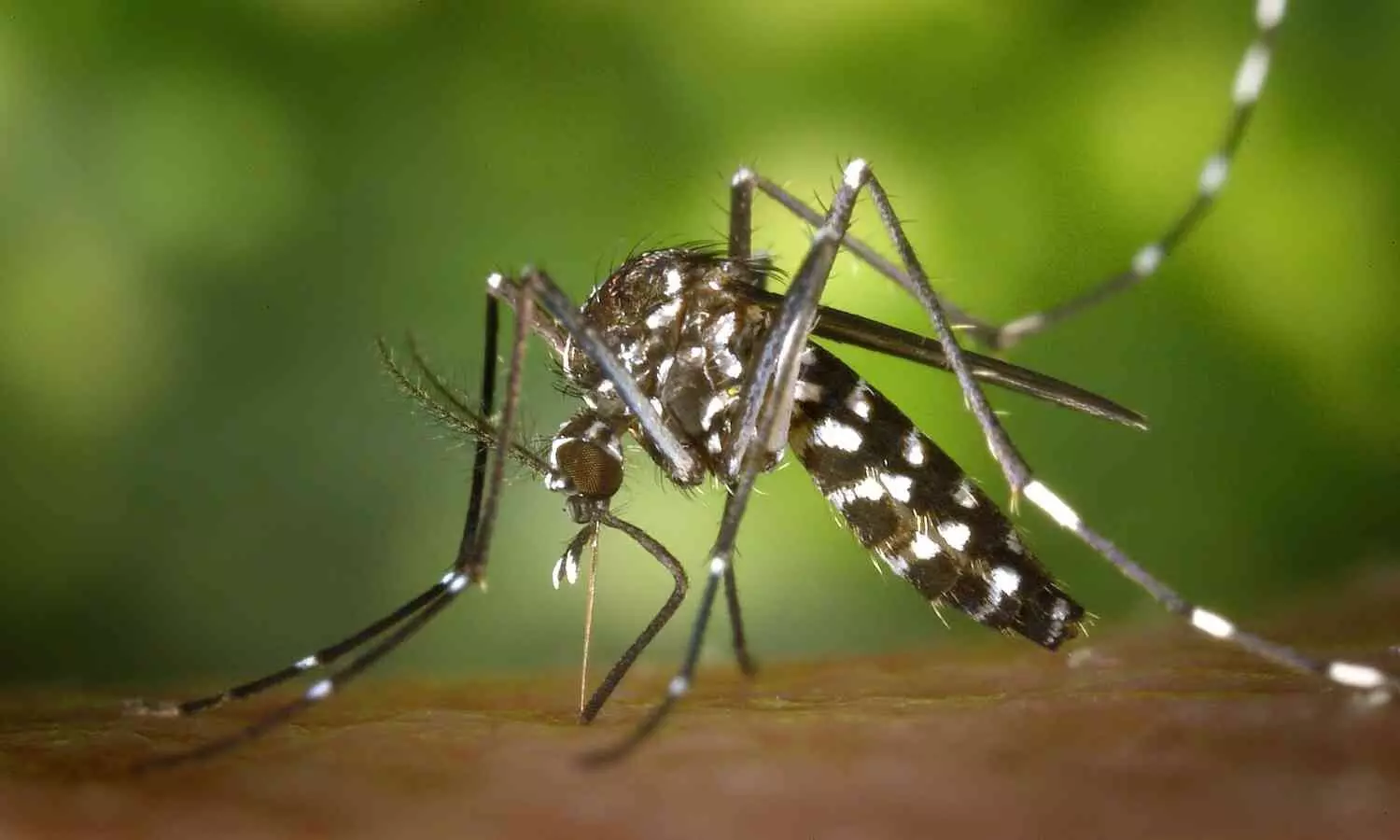Bacteria Boosts Mosquito Growth, Offering New Insights for Vector Control

New Delhi: A recent study sheds light on a promising way to enhance mosquito control strategies by accelerating the growth of Aedes aegypti mosquitoes, the primary vector for diseases like dengue, Zika, and yellow fever. The study, published in the Journal of Applied Microbiology, highlights how certain bacteria can significantly speed up the development of mosquito larvae.
Researchers discovered that inoculating Aedes aegypti larvae with specific strains of Asaia bacteria, particularly A. krungthepensis and A. siamensis, led to faster development compared to untreated larvae. These findings are especially significant for vector control programs that use the sterile insect technique (SIT) to release lab-grown, sterilized male mosquitoes into the wild to reduce local populations.
The research team noted, “Our findings reveal that Asaia spp. can be introduced to mosquito rearing systems to potentially shorten larval development times and improve the efficiency of producing mosquitoes for SIT programs.”
The study involved treating mosquito larvae with four different Asaia strains, examining how these treatments influenced their growth rate. A. krungthepensis and A. siamensis emerged as particularly effective, demonstrating accelerated growth compared to control groups. This accelerated development could benefit mass-rearing facilities, as shorter rearing times could enhance production cycles and reduce associated costs.
Understanding the larval microbiome's role in development could lead to innovative solutions for vector control. The researchers stated, “Interactions between introduced Asaia strains and the native vertically transmitted microbiome seem to enhance the growth of mosquito larvae, suggesting a symbiotic relationship that can be harnessed for practical applications.”
While this research provides an exciting potential for improving mosquito mass-rearing, the scientists also emphasized the importance of further studies to confirm these findings in larger, operational settings. “Scaling up these experiments is crucial to ensure that the benefits observed in controlled laboratory conditions can be effectively translated into real-world applications,” the study authors concluded.
The integration of Asaia bacteria into rearing systems could mark a new chapter in combating mosquito-borne diseases, paving the way for more efficient and effective vector control methods.


